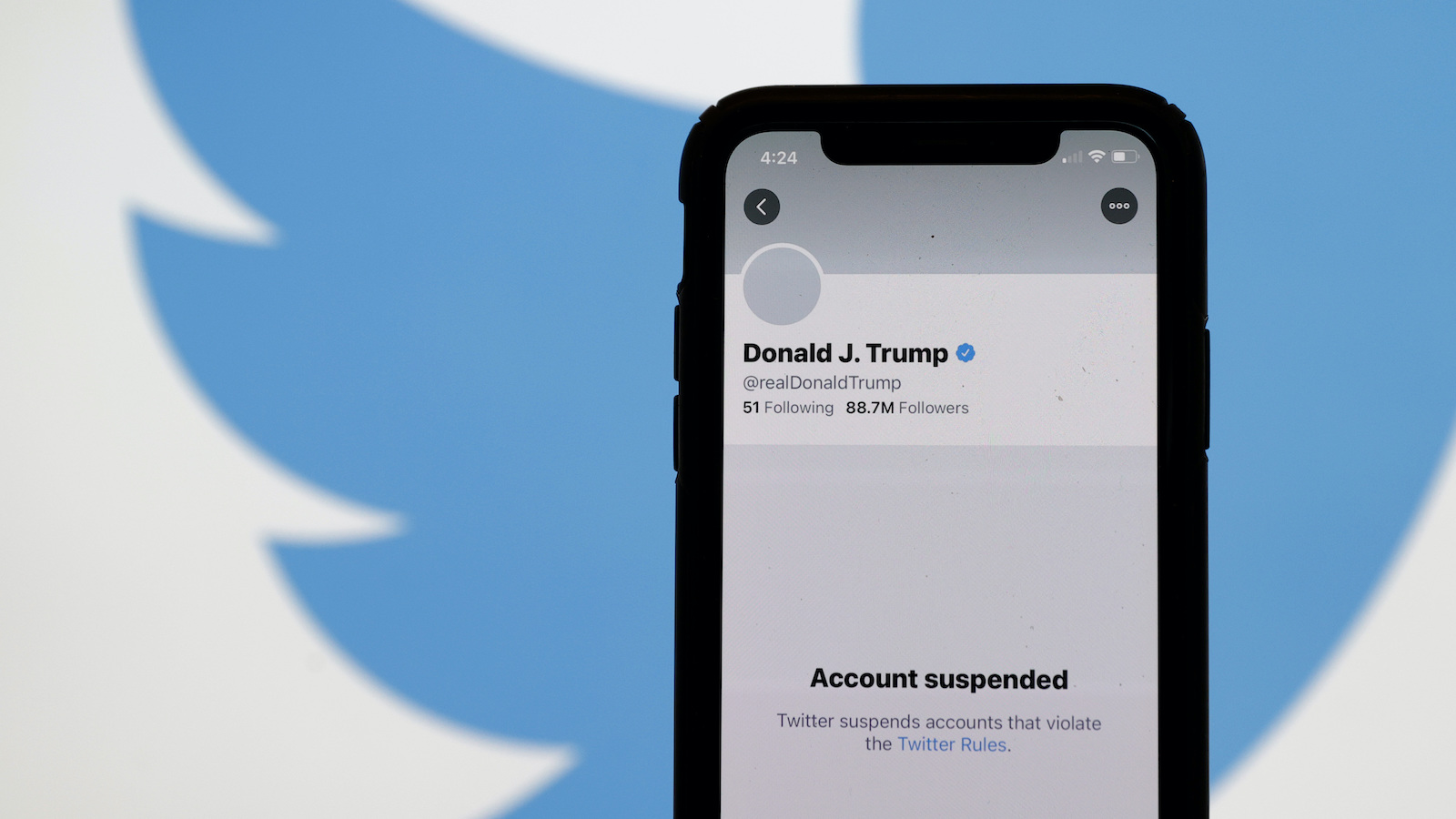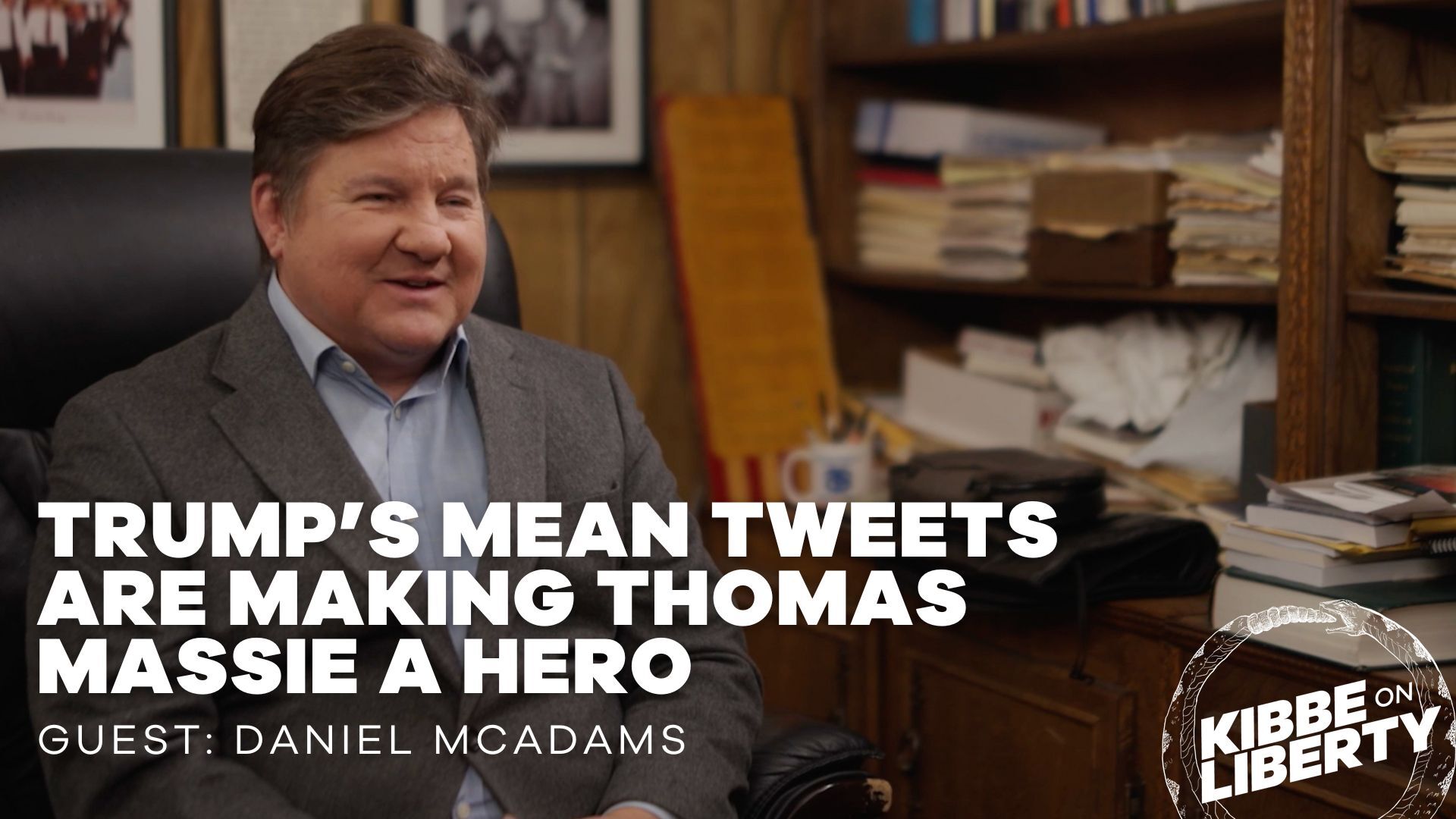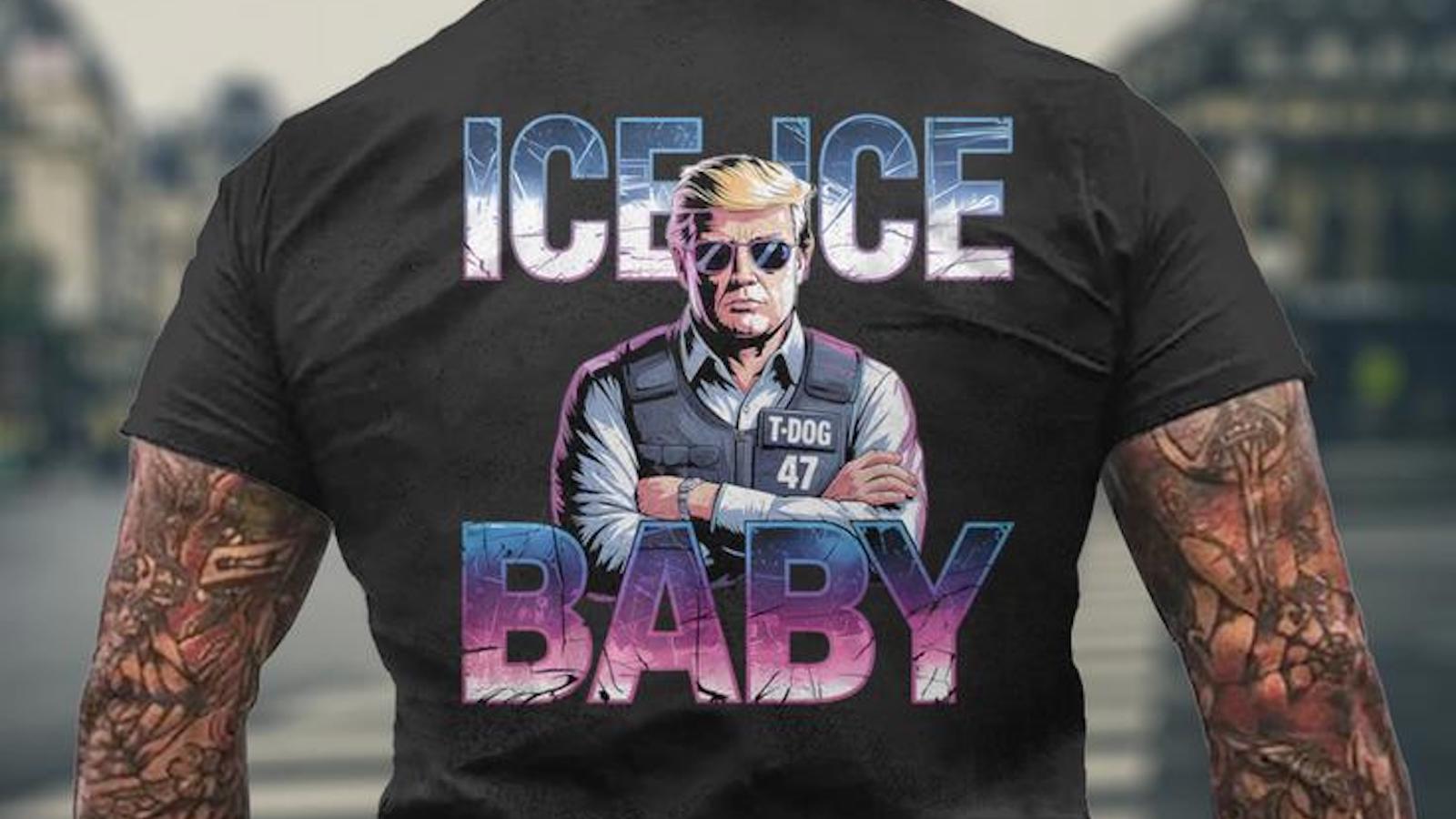
The Fine Line Between Deplatforming and Censorship
The year of 2021 has barely started and while most people share feelings of hope of a better tomorrow, the only thing Americans have witnessed so far is 2021 shouting: “Hold my beer!” As chaos took place during and after the invasion of the U.S. Capitol, Twitter decided now was the time to fan the flames of anger by banning President Donald Trump from its platform. Like dominos, this action caused almost every social media platform, one by one, including Pinterest, to ban or restrict the President. Some have laughed, some have cried, but what does this action really mean?
Freedom of speech is intrinsically American. At the first hint that we may not be able to say what we want, when and how we want to, we are ready to go to war and claim our First Amendment right. However, the First Amendment is a prohibition targeted at the government itself, not at private companies or private properties. “Congress shall make no law […] abridging the freedom of speech…” is a direct order to the government, creating the governmental obligation to not impose compelled speech or to not create any laws prohibiting individuals from exercising free speech. It doesn’t say you are allowed to go into a church, mid-worship, and start telling jokes about Jesus.
As indelicate as the banning of Donald Trump is, individuals do not have the right to force Twitter to accept all kinds of speeches on their platform. Facts are facts, and as much as true freedom-loving people hate that social media has become a beacon of authoritarianism and a powerful tool for socialist politicians, we need to understand that Twitter’s banning of Donald Trump is an action of deplatforming, not precisely censorship. Once we accept the difference between those actions, we will be able to build better solutions to cope with this modern phenomenon—a neology known as “deplatforming”.
Companies like Twitter and Facebook are private entities that operate by contract with their users; they are not government-owned. What the constitutional law reveals is that Congress shall make no law dictating what Trump (or anyone else for that matter) can or cannot say. It doesn’t mean that private companies providing social media services cannot regulate the content they vehiculate in their own platform or cybernetic environment.
Just because we have a right to say whatever we want does not mean it comes without consequences. Parents get called and kids get detention because they drop the “f bomb.” People are fired because they express themselves inappropriately. Movies are rated because of the type of language they choose to use. Truthfully, it is nothing new that private entities regulate their own environments as they see fit, and they have the right to do so since what the Constitution does is prevent government from telling private entities what types of speech they can or cannot use or tolerate within their premises or their internet platform.
The First Amendment is not a positive right given to individuals or private companies completely unrestricted; rather it is a negative right that prohibits the government from censoring individuals.
The principle of Pacta Sunt Servanda
This Latin expression means precisely “agreements must be kept.” In this case, the application of this principle takes place every time two independent parties decide to go into a contract with each other. The same thing happens when an individual or business voluntarily chooses to engage in a social media activity with Twitter (or any other platform) for whatever purpose they seek to use that media service for. Any user who breaches the contract, violating one or several clauses contained in the Terms of Service of a social media company can be restricted or banned from the social media’s platform.
As a matter of fact, people being deplatformed is more common than we think. Individuals showing too much, whether they are from the sex industry or not, constantly have their accounts deleted for posting content that is classified as nudity. People trying to promote unauthorized sales in some platforms can also be deplatformed. Twitter has an entire page dedicated to informing people about their Hateful Conduct Policy and the consequences of engaging into hateful activities on the platform. Therefore, the allegation that what Twitter has done goes against freedom of speech simply does not make sense from a legal and moral perspective.
As a private company, Twitter has the right to remove from their platform any user who breaches any of the many rules expressed in their Terms of Service, even if that user is the president of a nation. Trump, as a user, has the right to litigate the matter, as well as the right to join other platforms, and those platforms also have the right to delete his account if he breaches the contract with those social media services.
One thing that must be pointed out is that the most influential social media platforms are undoubtedly biased against conservatives and libertarians, or free market ideas in general. If Twitter banned Trump for risk of violent incitement and bad behavior on the platform, it should also have banned people like Nicolás Maduro for being an actual dictator who promotes violence, poverty, and starvation in Venezuela daily or Rodrigo Duterte, president of the Philippines, for promoting political controversy, hate, and violence.
How can we fight back?
The answer to fighting social media’s idiosyncrasy is definitely not asking the government to do something about it, especially when the government’s specialty is to restrict freedom, not maximize it. Rather, we should be seeking the answer to our problems where those answers can be morally provided to us, i.e., the free market. If all the people who voted for Trump and who truly believe that what Twitter did was wrong abandoned Twitter, it would be a very powerful message to Twitter that it may have to change its policy because a significant amount of users do not approve of speech regulation.
People and businesses do not respond to laws, they respond to incentives, and nothing speaks louder than losing a lot of money and influence due to bad policies.
One of the arguments used by some of President Donald Trump’s supporters to defend government intervention on the internet is that big techs such as Apple and Google are banning the free speech platform known as Parler from their app stores, and Amazon recently booted the company from its web-hosting service because of what Amazon calls “repeated violations of Amazon’s rules.”
The intention behind the actions of such enterprises is crystal clear; they do not support 100% deregulated platforms such as Parler. However, by not providing to a big part of the internet users what they want, Facebook, Instagram, and Twitter along with Apple, Google, and Amazon are automatically offering a space for other enterprises to step in and provide that service. Now calling for internet regulation out of anger because social media platforms banned your favorite politician doesn’t seem to match the idea of freedom.
In reality, these companies already exist. Have you heard of Minds and MeWe? These platforms are up and running normally. Free market backlashes do exist, and as a matter of fact, as of today Twitter has lost $5 billion in market value after deplatforming Trump. Facebook has lost even more than Twitter, reaching a loss of $123 billion in market value. Meanwhile, downloads for the apps Signal and Telegram surged after WhatsApp announced that it will share its users’ data with Facebook. On top of that, a plethora of internet users are looking for privacy-focused email alternatives, such as ProtonMail instead of Google’s Gmail. If anything, all that these last few days have shown us is that the move towards privacy is global, and when privacy becomes a commodity, technology and the free market will provide it, whether Twitter or Facebook likes it or not.
The big tech companies, along with many politicians, somehow still have not realized the obvious—people will find a way to not be silenced about what matters to them. If the criminalization of drugs and alcohol did not stop people from consuming those goods, what makes you think that regulating speech will make people silent and complacent? In the short term, it is true that Parler has taken a big hit and is now without a web-hosting service to get back to its users, but in the long term, what these companies have done to Parler will only make internet users more interested in alternative social media platforms like Parler. Meanwhile, all that Parler needs to do to get back online is find a different web-hosting service, which it will find if the internet remains as deregulated as possible while based on free market principles.
Evidently, if a baker can deny service to a gay couple based on the fact that he is the owner of his private business, and is not obligated to provide a service to people he does not wish to serve for whatever reason, it is only plausible (for the sake of a logical argument and the respect for private property) that social media platforms should also be able to deny service to their users based on the same principle.
As Friedrich Hayek once pointed out correctly, the process of decentralization of information is unstoppable. This ultimately means that there is absolutely no one that can control all the dispersed information that has been spread all across the globe. Twitter, along with many other social media companies, can kick their users off of their platform, but no matter how hard they try, they will never be able to silence everyone who has a different opinion and a different voice. Now, perhaps it is noteworthy to remind big techs that consumers can easily drive businesses into bankruptcy and oblivion when those companies stop providing what consumers are asking for.
For all the freedom-loving friends out there, here is a list of apps that may interest you as an alternative to the big tech companies: Signal, Telegram, Minds, MeWe, ProtonMail, Brave, Duck Duck Go, and Purism.
Free the People publishes opinion-based articles from contributing writers. The opinions and ideas expressed do not always reflect the opinions and ideas that Free the People endorses. We believe in free speech, and in providing a platform for open dialogue. Feel free to leave a comment.




Random Forest
You are creating a false equivalency between the first amendment and de-platforming. Because it isn’t the state doing the censoring doesn’t make it not censorship. Removal of a voice from the forum IS censorship, regardless of who is doing the silencing. There is no line between de-platforming and censorship as one is a form of the other.
Helio
This argument is fundamentally misguided, because the First Amendment applies to the government, but not to private companies. To the contrary, private companies have the First Amendment as a right to exclude users, which is also justified by property rights.
Your argument also seems to promote the opposite of freedom and it is rather unconstitutional, mainly because it calls for government intervention in private companies as it blatantly disrespects private property rights.
In Manhattan Community Access Corp. v. Halleck, the SCOTUS issued a decision that private companies are not bounded by the 1st Amendment; rather they have the right to exercise the First Amendment in their favor, which is a very strong precedent to support the main argument on this article.
Furthermore, recently the former president Donald Trump just announced he is launching his own social media platform. If censorship existed in the US, he would not be able to start his own social media platform.
Notwithstanding Parler was taken down, the platform is back up and running again, which proves that if the internet remains free from government intervention, people and companies will always find a way to not be censored.
In case you’d like to hear it from an American Law entity:
https://pacificlegal.org/a-first-amendment-win-supreme-court-rules-the-government-cant-control-private-speech/